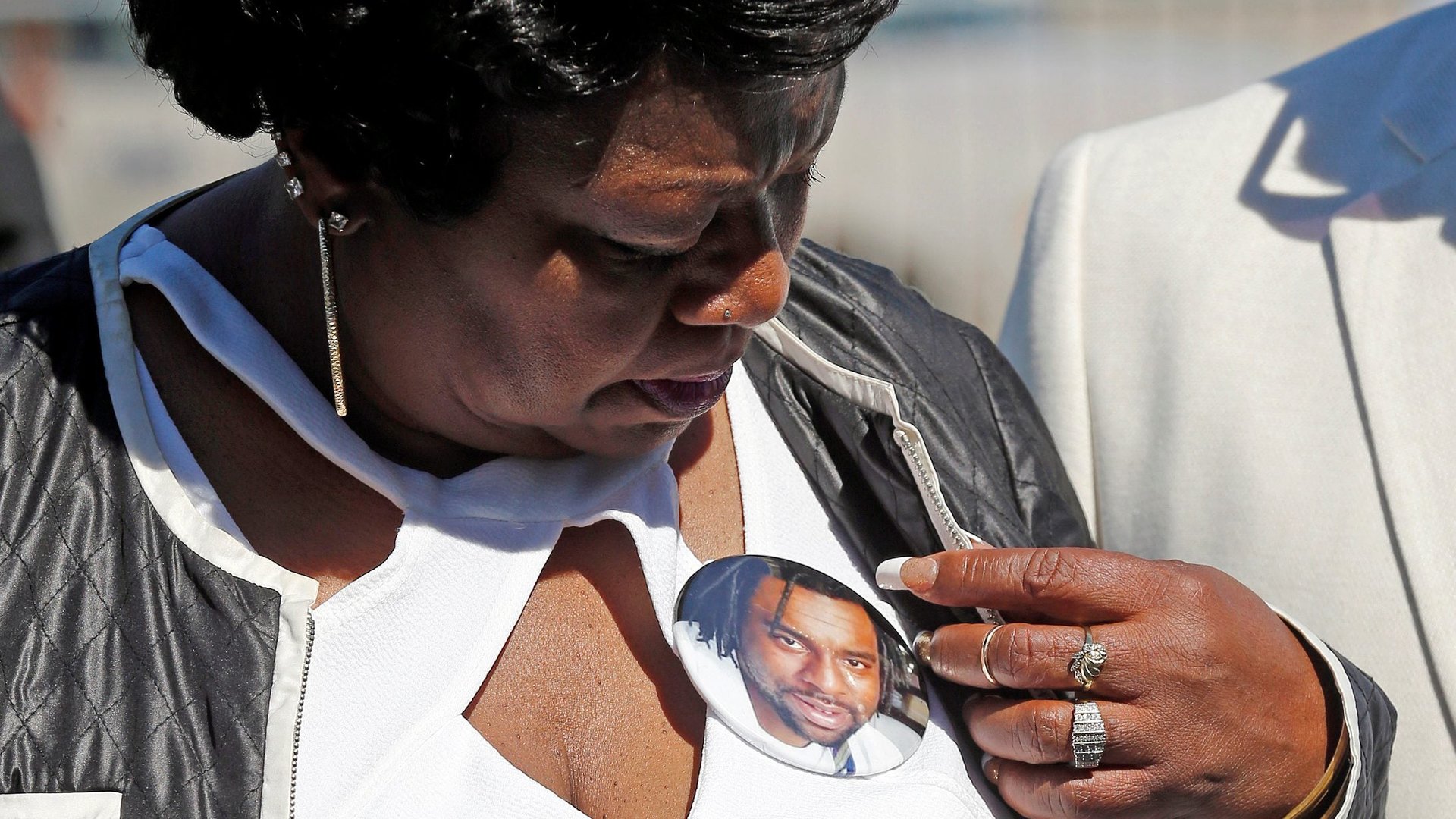The police officer who fatally shot Philando Castile has been charged with manslaughter
Jeronimo Yanez, the police officer who shot and killed 32-year-old Philando Castile in July, has been charged with second-degree manslaughter—an unusual development in a police-shooting case. ”Unreasonable fear cannot justify the use of deadly force,” said Ramsey county attorney John Choi, announcing the decision.


Jeronimo Yanez, the police officer who shot and killed 32-year-old Philando Castile in July, has been charged with second-degree manslaughter—an unusual development in a police-shooting case. ”Unreasonable fear cannot justify the use of deadly force,” said Ramsey county attorney John Choi, announcing the decision.
Yanez shot Castile after pulling his car over for a traffic stop in Minnesota. Castile told the officer he had a gun and a concealed carry permit, according to Diamond Reynolds, his girlfriend. While he was reaching for his wallet, according to Reynolds, Yanez shot into the vehicle 7 times, killing Castile. Reynolds publicized the aftermath of the shooting using Facebook’s live-streaming feature. The video sparked widespread outrage and racially-charged protests.
Choi said Yanez would also be charged with two felony counts for discharging a weapon and endangering the life of Reynolds and her 4-year-old daughter who was in the back seat.
“I know my decision will be difficult for some in our community to accept, but in order to achieve justice we must be willing to do the right thing no matter how hard it may seem,” said Choi.
US police officers shoot and kill from 900 to 1,000 people annually, according to a database compiled by criminologist Philip Stinson at Bowling Green University. Despite growing public outcry over shootings like Castile’s, shootings this year are on pace to reach the same numbers as they did in 2015, according to a Washington Post count.
Over 12 years that Stinson has compiled the database, only 78 officers were charged with manslaughter or murder. Of those, only 27 had been convicted, he told Quartz. Before 2015, the number of officers charged per year on average was five.
In 2015, charges brought against US police officers increased, with 18 charged with a crime that year. So far in 2016, 12 police officers have been charged for fatal shootings. However, Stinson says the rise is not statistically significant—officers in 2015 and 2016 have still been charged in barely over 1% of the cases.
Stinson believes Reynold’s video might have played a part in the charges against Yanez. ”I don’t think in this case and in many others that an officer would be charged without the video evidence,” Stinson told Minnesota Public Radio today. Nevertheless, he notes that video does not guarantee a conviction, and that juries can be reluctant to to find officers guilty of a crime.